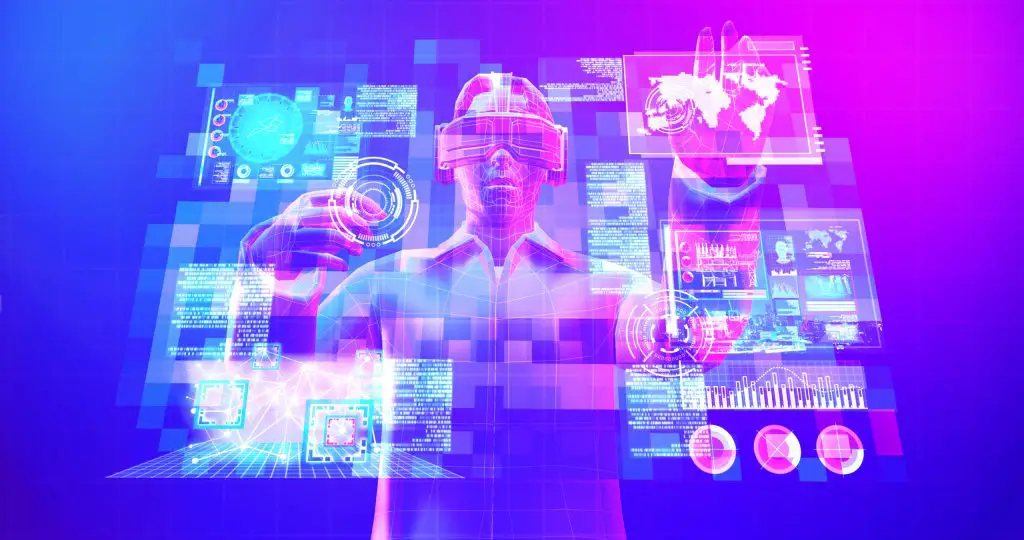Web3 and the metaverse are two separate but related concepts that are often discussed in the context of the future of the internet. While Web3 is not exactly a metaverse, it could be considered a building block for the metaverse, as it provides the underlying infrastructure and technology that could make the metaverse a reality.
Web3 is a term used to describe the next evolution of the internet, which aims to create a more decentralized, open, and secure network. It is built on blockchain technology, which is a distributed ledger that enables secure and transparent transactions without the need for intermediaries. The goal of Web3 is to create a more user-centric internet that empowers individuals and communities to own and control their data and digital assets.
The metaverse, on the other hand, is a concept that refers to a fully immersive virtual world that is interconnected with the physical world. It is a vision of the future in which people can live, work, and play in a digital environment that is indistinguishable from reality. The metaverse is often compared to the internet, but it is more than just a collection of websites and apps. Instead, it is a cohesive and interactive digital space that is inhabited by virtual avatars.
While Web3 and the metaverse are different concepts, they are closely related in that Web3 provides the infrastructure that could enable the metaverse to exist. The metaverse would require a robust, decentralized network that could support the vast amounts of data and transactions that would be necessary to create a fully immersive digital world. Web3 could provide this infrastructure, as it is designed to be more scalable, secure, and decentralized than the current internet.
In addition, Web3 could enable the creation of digital assets that could be used within the metaverse. These assets could include virtual real estate, clothing, and even virtual currency. Web3 technology would enable these assets to be securely owned and traded within the metaverse, providing a new source of value and economic activity.
However, it is important to note that while Web3 could be a building block for the metaverse, it is not a guarantee that the metaverse will become a reality. The metaverse is still a futuristic concept that faces many technical, social, and economic challenges. It will require the collaboration and innovation of many different stakeholders, including developers, investors, regulators, and users, to create a fully functional metaverse.
In conclusion, Web3 is not a metaverse, but it could be a critical component in creating a metaverse in the future. Web3 provides the underlying technology and infrastructure that could enable the creation of a fully immersive virtual world that is interconnected with the physical world. While the metaverse is still a futuristic concept, Web3 is already being developed and implemented, providing a glimpse into the possibilities of a more decentralized and user-centric internet.







